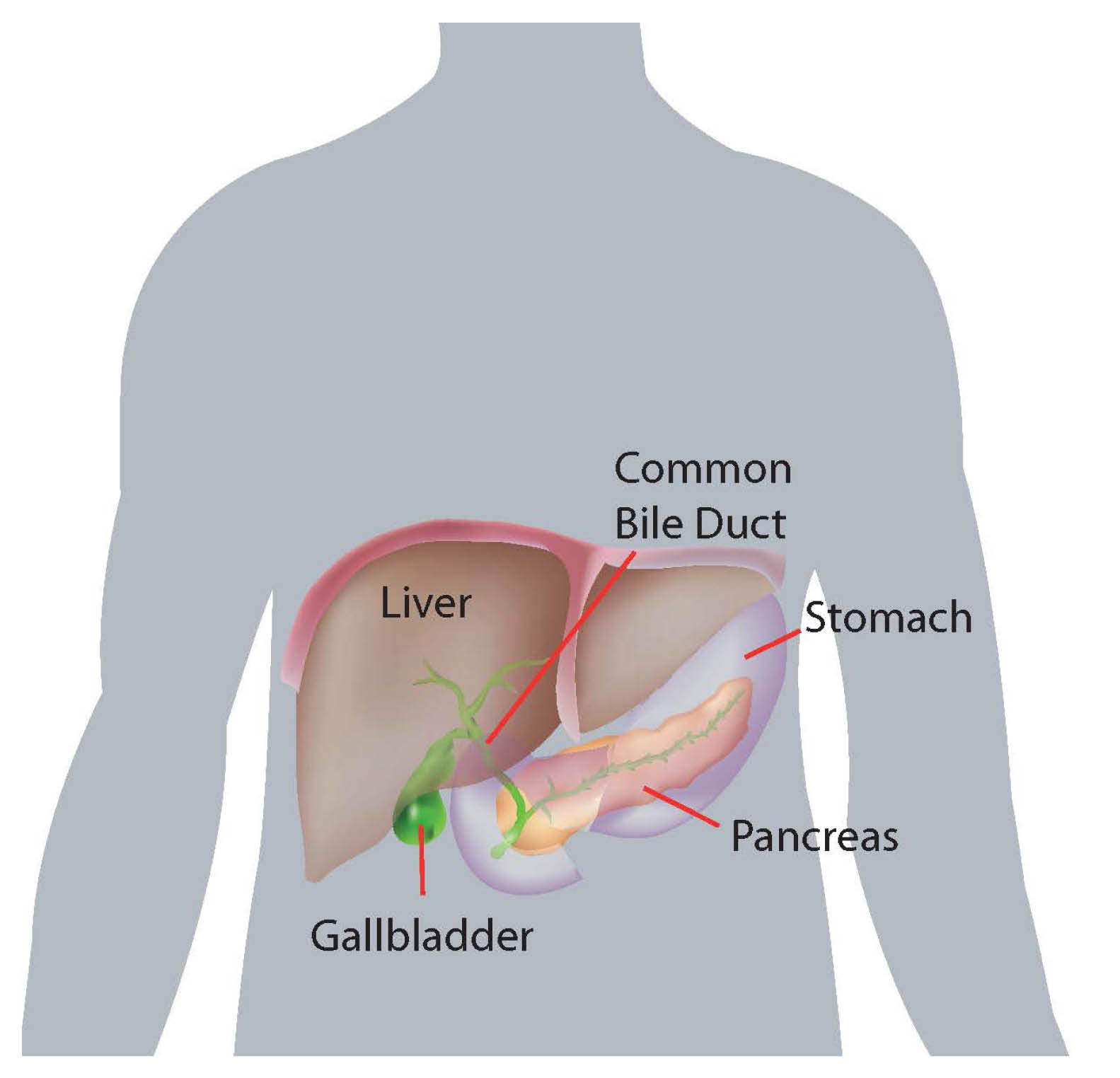
Painful Surprises: Why This Topic Matters
You’re sitting there, maybe after dinner, scrolling on your phone or binge-watching Netflix, when—bam, out of nowhere—your gut twists. Not like mild heartburn or a fleeting cramp… no, this is different. It hurts. You freeze. Your mind races: Did I eat something weird? Is this just stress? And, somewhere between pure panic and wishful thinking, the thought creeps in—appendix, or gallbladder?
If you’ve ever found yourself doubled over in bathroom lighting, googling your symptoms and trying not to spiral, welcome. You’re in very good company. We’ve all had those “Is this serious?” moments. Today, we’re not just talking about pain—we’re digging into that age-old question: which is worse, appendix or gallbladder surgery? (And trust me, the answer is a little more interesting—and human—than you might guess.)
Mixed Signals: Why Do These Hurt So Much?
Let’s be real—abdominal pain is a sneak. Like, one minute you’re fine, the next minute you’re clutching your side, picturing all your organs as cartoon villains. Most folks get confused because both appendix and gallbladder pain can show up on the right side, come out of nowhere, and send you straight into “WebMD spiral” mode.
A friend of mine went through this last summer. She called me at midnight, convinced she’d pulled a muscle gardening. Six hours later? She was in the ER, appendix about to burst. Looking back, she laughs (sort of) about how she shrugged it off, but… when you’re in it, the signals are just so easy to misread.
So… Where Does It Hurt Most?
If you’re hoping for a foolproof “magic spot map,” sorry—it’s not quite that easy. Here’s the general breakdown you’ll hear docs repeat, and it matches up with everyday stories I’ve heard and read:
| Spot | Appendix | Gallbladder |
|---|---|---|
| Main Pain Area | Lower right abdomen | Upper right abdomen/rib area |
| Common Triggers | Often sudden, random | After fatty meals, in “waves” |
| Other Clues | Rebound pain when pressed, worsening quickly | Pain radiates to back/shoulder, bloating |
Anecdotally (and you’d love my cousin’s reaction to this): if you find yourself hunched over, cursing that extra slice of pizza… that pain might be gallbladder. If it’s the lower right and bouncing your feet on the floor hurts? Hello, appendix drama. But hey—real life isn’t a textbook. There’s always that one friend who “didn’t feel a thing” until things got truly urgent. Which is why I always say, if it feels off, get it checked.
Spotting Symptoms: What Does “Serious” Really Look Like?
Both the appendix and the gallbladder have a habit of waiting until you’re least expecting it. Middle of the night, camping trip, your sister’s wedding—you name it. And because the symptoms overlap, it’s super easy to mistake one for the other (don’t beat yourself up if you have!).
Is This My Appendix Acting Up?
The appendix is that weird, finger-shaped pouch down low on your right side. When it gets angry—medically called “appendicitis”—it starts as a subtle ache. Sometimes around your belly button, then drifting down. Here’s the not-so-fun part: the pain gets sharper, doesn’t go away, and might make you nauseous, feverish, or unable to walk without hobbling. Once, I literally saw someone crawl out of the car at the ER because standing upright just wasn’t happening.
The big warning sign? It doesn’t fade. If you’re hoping a nap will make it disappear… well, let’s just say appendices don’t work that way. They ramp up, and quickly. You don’t want to wait too long, because a burst appendix is every ER doc’s least favorite nightcap. According to this guide from Banner Health, if severe pain lasts more than six hours, seek help, fast.
Or Is This the Gallbladder Being Dramatic?
The gallbladder sits up high, under your ribs, and loves to throw a fit after you eat something greasy. Gallstones are often the culprits; they block the flow of bile, and suddenly you’re dealing with pain that might feel like someone’s squeezing your insides. People report feeling pain shoot up toward their shoulder blade, plus waves of nausea, maybe some chills. For some, a gallbladder attack can even masquerade as chest pain—so it’s not surprising some folks end up thinking it’s a heart issue at first.
I hear this so often: “I thought it was food poisoning!” Nope, sometimes it’s just your gallbladder announcing its (very messy) exit. If you want more specific breakdowns, the gallbladder vs appendix symptoms page has a solid rundown… and honestly, it’s worth bookmarking if you ever wake up with mystery pain at 2 a.m.
Real Life Example: The BBQ Mystery
A couple summers ago, a friend of mine ate her weight in ribs at a backyard BBQ. An hour later, she was curled up in the host’s guest room, sweating and convinced she had the flu. By the next day, she was in surgery for her gallbladder. We still tease her (“remember that ‘food poisoning’?”), but it happens. Our bodies are weird, and sometimes bad timing is just how it goes.
The Surgeries: Scary or Actually Manageable?
So let’s get into it—if the doc looks you in the eye and says “surgery,” which is worse, appendix or gallbladder surgery? (Yeah, even typing that makes me wince.) What’s it really like?
First, the truth: Both appendix removal (appendectomy) and gallbladder removal (cholecystectomy) are super common these days. Laparoscopic surgery—tiny cuts, small tools, less downtime—is the usual way for both unless things are complicated. But, they’re not “minor.” Both take you out of commission for a while and mess with your plans… and if you’ve ever depended on someone else to make you soup for a week, you know what I mean.
Appendix Out: The “Fire Drill”
Appendix removal is normally urgent—think “get in, get out, before things explode,” literally. If you catch it before the appendix bursts, the surgery itself is usually quick—an hour or less—and recovery is maybe a week or two of taking it easy. If it bursts? The doc has to do extra cleanup; that’s more time in the hospital, more meds, more… well, just more.
I once met a guy (at a dog park, of all places) who told me he ignored his appendix pain because he “didn’t want to miss a concert.” He missed the concert and spent four days recovering in the hospital. Sometimes the universe just laughs at our priorities.

Gallbladder Gone: The Recurring Nightmare
Gallbladder removal often isn’t emergency-level—but it can be if stones block things up. It’s not as “split-second” urgent as a bursting appendix, but living with gallbladder attacks is no picnic. Plus, when it happens, it usually means you’ve already spent months or years with weird pain, food drama, or bathroom habits. The surgery is similar—laparoscopic, about an hour, home the same day or the next if all goes well.
But (and this is big): Life after gallbladder removal is a weird adjustment for some people. A handful sail through with barely any diet changes. Others… well, “eat and sprint for the bathroom” is their new normal. Greasy food is usually off the table (unless you enjoy roulette with your digestive system), and sometimes caffeine or spicy stuff triggers a mad dash, too. A friend confessed her “gallbladder diet” was just “not eating out” anymore. Relatable?
There’s some evidence, shared in this gallbladder vs appendix pain explainer, that gallbladder surgery comes with more long-term tweaks, while appendix surgery (unless complicated by a burst) is more of a one-and-done deal.
Anecdote: When Life Gives You Both
If you’re really lucky (or unlucky?), you might know someone who had both surgeries—sometimes even at the same time. (Turns out, this isn’t always a good thing—doing both can actually increase risks, as highlighted in data from the SAGES surgical outcomes study.) One neighbor of mine—let’s call her Lisa—had her appendix out as a teen, then years later, gallbladder drama hit. She describes the appendix situation as “super scary, but super quick”—whereas gallbladder issues were “drawn out, embarrassing, and bossy.” She’s thrilled to be free of both, but says the after-effects of gallbladder surgery stuck with her longer.
| Factor | Appendix Surgery | Gallbladder Surgery |
|---|---|---|
| Urgency | Very (risk of burst!) | Sometimes emergency, often planned |
| Hospital Stay | Usually same-day or 1 night | 1–2 days (average) |
| Back to Work | 1–2 weeks (if simple) | 2–4 weeks for most, sometimes longer |
| Diet Changes | Rare | Sometimes permanent |
| Long-Term Impact | Rare issues | Possible food intolerance, “bathroom urgency” |
If you love nerding out on details, the folks at Gallbladder vs appendix surgery break down technical stuff, but I wanted you to have the big picture without the medicalese.
The Bottom Line: Which Is “Worse”?
Here’s the honest answer nobody wants to give: it depends. (Yeah, I know, annoying. But it’s the truth.) For pure drama points, appendix surgery can be “worse” if you ignore it long enough for things to burst. It’s a shock to the system, and you’ll be talking about it for years. But… it’s usually a fast recovery and very little long-term drama.
Gallbladder surgery, though? Less likely to be a middle-of-the-night rush, but it can mess with your eating and your routines for the long haul. Most people adjust, though, so don’t panic. From what I’ve seen, the “worst” part for many is just not being able to enjoy greasy fries like they used to. (First world problems, am I right?) But if you hate bathroom surprises or food anxiety—well, you might rate that as “worse.”
And yes, there’s some solid research showing that having both done at the same time is a whole different beast. According to data from surgical outcomes research, combined surgeries mean more risks and longer recovery than either one solo. So, doctors usually choose only what’s necessary, when it’s necessary.
What Tips the Scale?
Your age, health, how fast you get to the doctor… it all matters. But if you’re reading this trying to make sense of your own symptoms, remember: you don’t need to have all the answers. Listening to your gut (both literally and figuratively) is half the battle. And if you’re deep diving into gallbladder vs appendix symptoms right now, maybe jot down what you’re feeling and take it to your next appointment. It’s not overreacting; it’s self-care.
Last Thoughts—and Your Next Move
Hey, if you’re still reading, you clearly care about your health (and maybe someone else’s too). That worry you felt at the top? It’s totally normal. The best thing you can do: don’t ignore those signals. Whether it’s your appendix throwing a sudden tantrum or your gallbladder getting even after too many late-night tacos, both can be managed, both have solutions, and neither should steal your peace of mind for long.
So, take a breath. Bookmark gallbladder vs appendix symptoms for next time a weird ache shows up. Talk to your doc. Share your weird meal stories with your friends—trust me, they have their own “almost-went-to-the-hospital” tales. And always remember: your body isn’t trying to sabotage you… it’s just a little dramatic sometimes.
You got this. And if you ever need someone to compare surgery scars with, well—you know where to find me. Now go enjoy your day, pain-free I hope! And hey, if you have your own story, drop it in the comments. Let’s remind each other: we’re not alone in this.

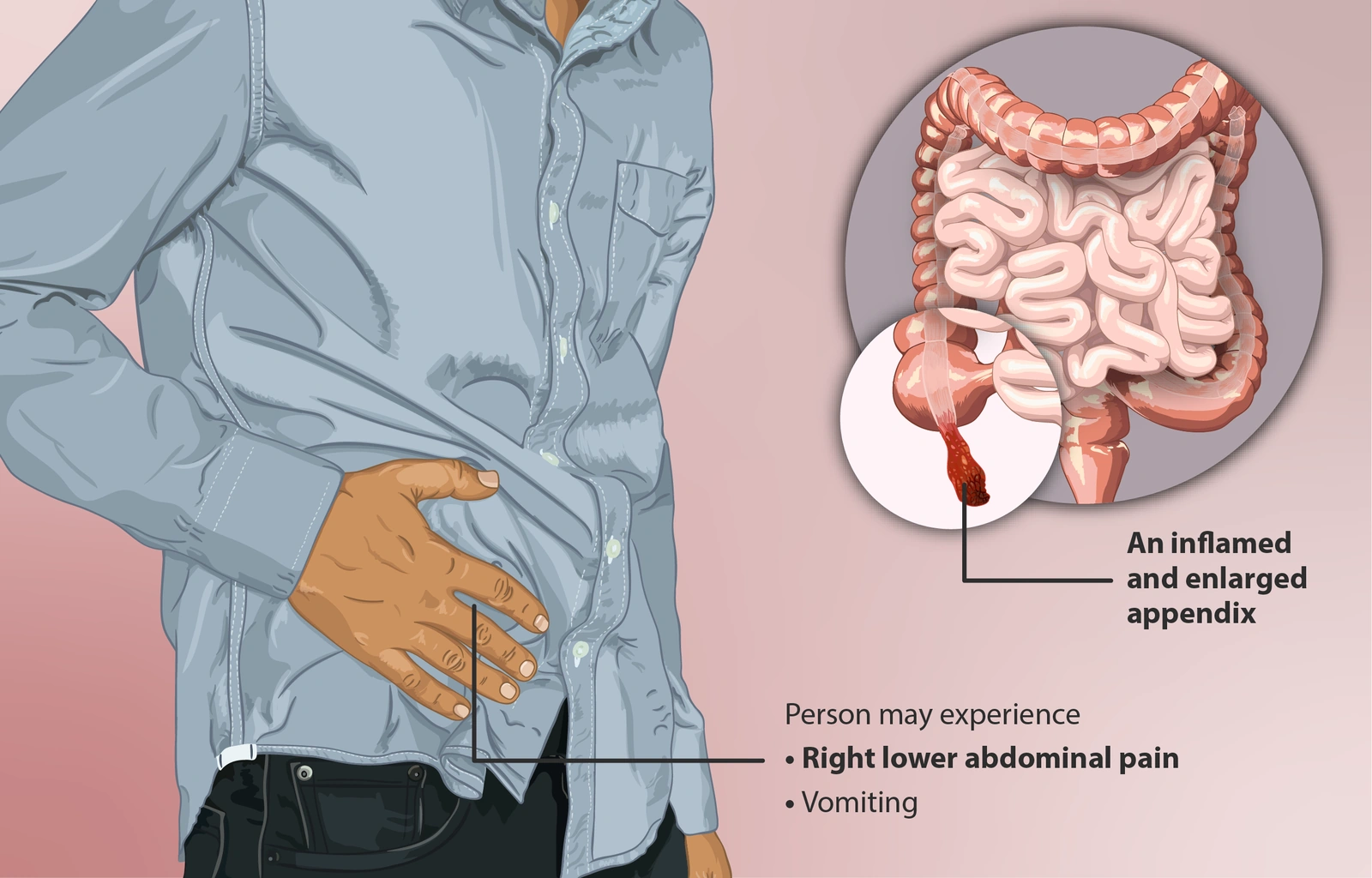


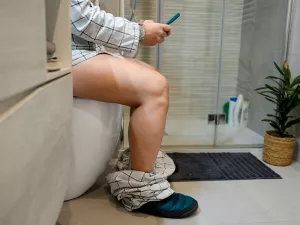



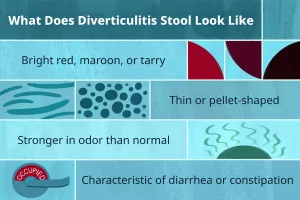
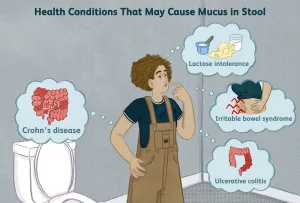

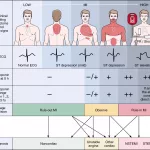













Leave a Reply
You must be logged in to post a comment.